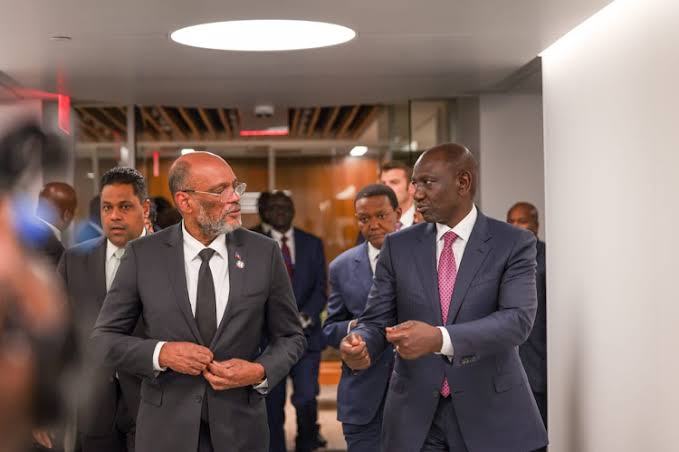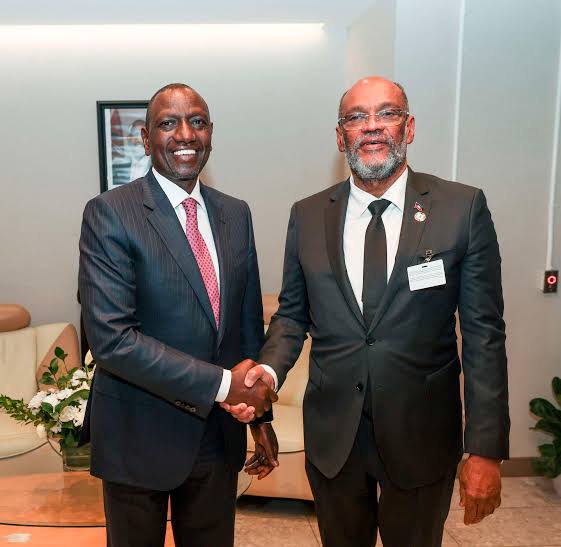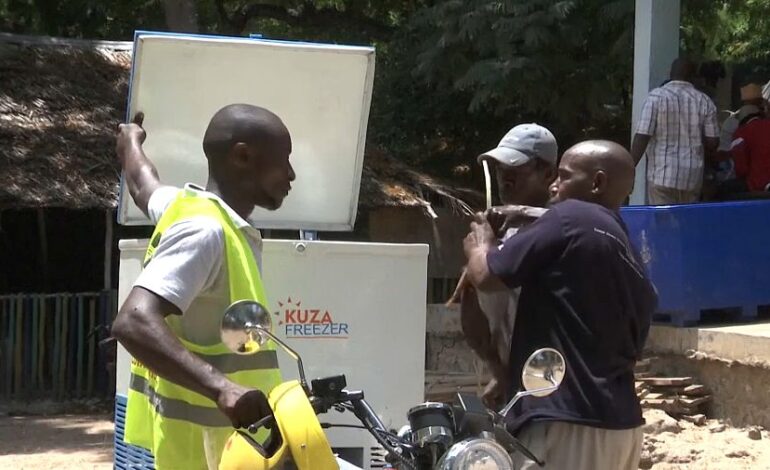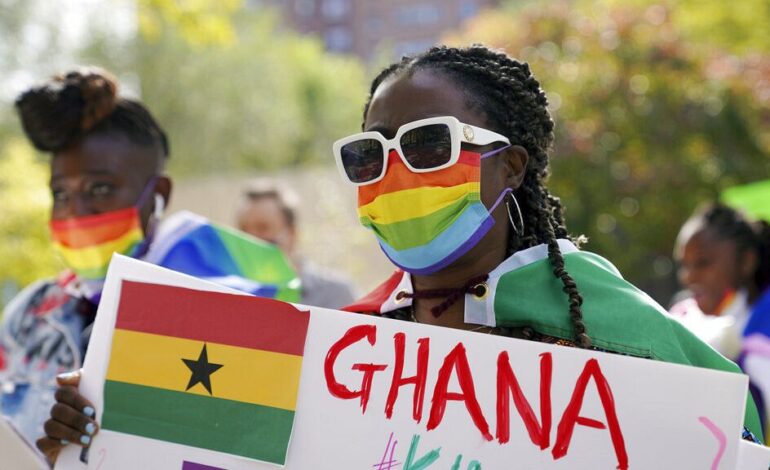
Faith Nyasuguta
Haiti’s Prime Minister Ariel Henry is set to visit Kenya to address pressing issues that have delayed the deployment of Kenyan police officers to the troubled Caribbean country.
This significant diplomatic move follows the 46th Ordinary Meeting of the Caribbean Community (Caricom) Heads of State and Government in Guyana, where Prime Minister Henry is expected to engage in discussions regarding the deployment of the Multinational Security Support (MSS).
The meeting, scheduled to conclude on Wednesday, marks a crucial step in fostering collaboration between Haiti and Kenya.
The Kenyan delegation, composed of top security officers, is poised to engage in detailed discussions with Prime Minister Henry. The primary objective is to finalize modalities for the deployment of the Kenyan police officers, who are part of a 1,000-troop force.
These units comprise members from specialized Kenyan police units, including the Rapid Deployment Unit, Anti-Stock Theft Unit, General Service Unit (GSU), and Border Patrol Unit.
Their mission is to contribute to the multinational security force aimed at curbing gang violence in Haiti, with Kenya leading this critical initiative.
This anticipated visit follows previous engagements between Haiti and Kenya, where discussions on the deployment of Kenyan forces took place. Notably, a team from Haiti visited Kenya to initiate talks on the matter, highlighting the importance both nations attribute to this collaborative security effort.
US Ambassador to the UN Linda Thomas-Greenfield recently announced that Benin will also be contributing 2,000 troops to assist in the multinational security force. This force, sanctioned by the UN, is deemed vital for addressing the escalating violence in Haiti.
With at least 300 gangs controlling a significant portion of the capital, the situation demands urgent intervention. Last year alone, these gangs were responsible for 83% of recorded killings and injuries, resulting in significant humanitarian concerns.
The need for a swift deployment is underscored by the increasing violence in Haiti, where over 8,400 people fell victim to gang-related activities in 2023. The mission’s objectives are clear: to restore peace and security, facilitate free and fair elections, and alleviate the ongoing humanitarian crisis.
The commitment of countries like Kenya and Benin, along with financial pledges from nations such as Canada, France, and the US, reflects a united front against the complex challenges facing Haiti.
While the deployment was initially planned for February, legal challenges arose as a Kenyan court questioned the government’s authority to send police officers abroad. This led to a delay as Haiti sought to establish a memorandum of understanding (MoU) emphasizing reciprocity, aligning with Kenyan laws.

President William Ruto affirmed Kenya’s commitment to completing all court-specified processes, ensuring the deployment moves forward. The impending visit of Prime Minister Henry to Nairobi serves as a critical juncture to overcome legal hurdles, finalize agreements, and expedite the deployment of the multinational security force to Haiti.
This collaborative effort not only addresses the immediate security crisis but also signifies the global community’s shared responsibility in assisting nations grappling with security and humanitarian challenges.
RELATED:




